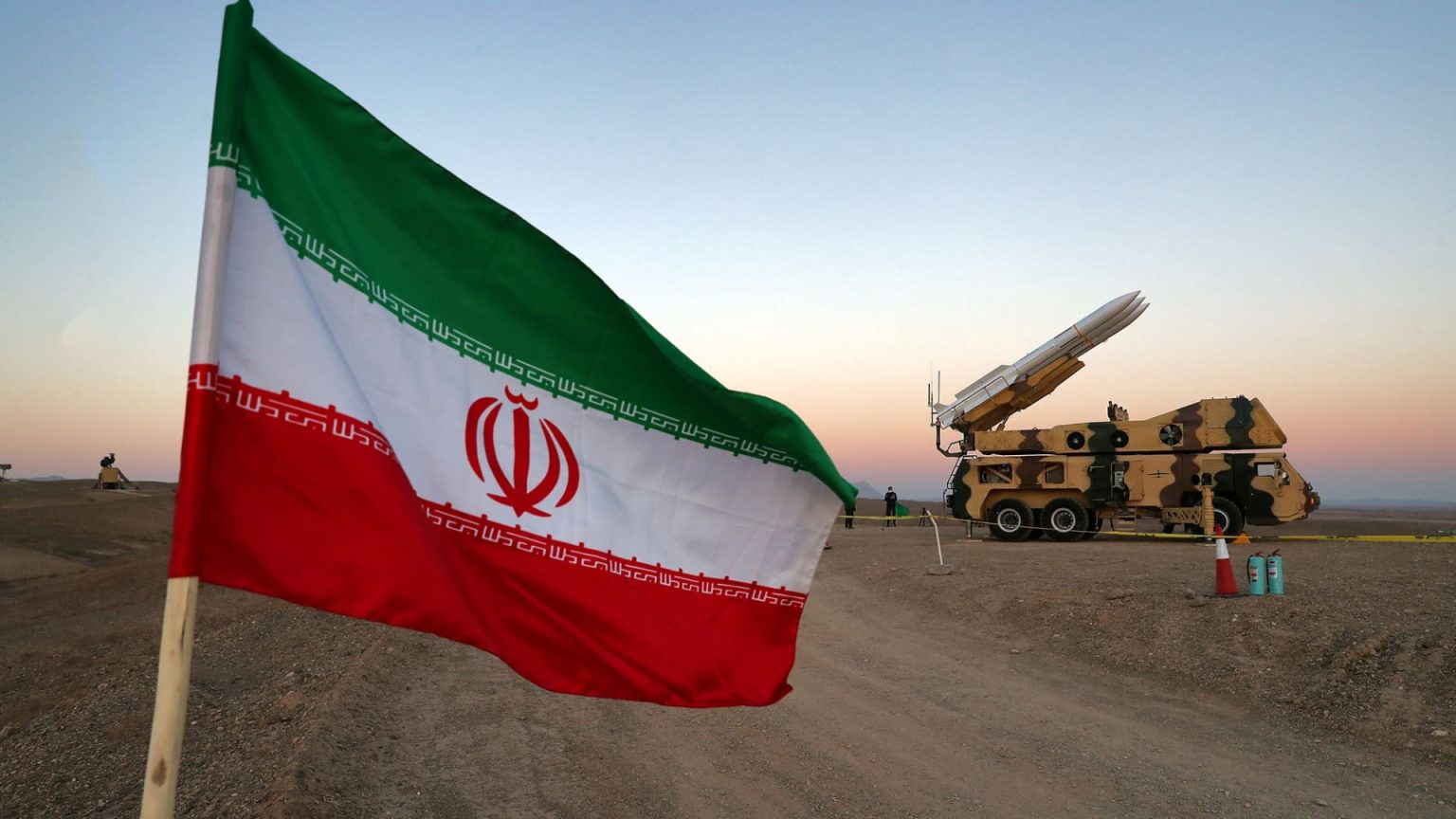Israel launched a limited direct military attack on Iranian soil in response to Iran’s first-ever direct attack on Israel with drones and missiles. The attack on Iran occurred in the central city of Isfahan, with Iranian state media reporting explosions caused by air defenses shooting down drones. Officials in Iran claimed the attack resulted in no deaths. This escalation follows an Israeli strike on an Iranian diplomatic compound on April 1, which killed two senior Iranian generals and others.
The latest back-and-forth strikes between Israel and Iran have raised tensions in the region and heightened fears of further conflict. Both countries have been engaged in a long-standing conflict, with Iran supporting militant groups like Hezbollah that pose a threat to Israel’s security. Israel, on the other hand, has targeted Iranian military assets in Syria and has accused Iran of seeking to develop nuclear weapons.
The current situation has drawn condemnation from international leaders, who have called for both sides to exercise restraint and work towards a peaceful resolution. The United States, in particular, has expressed support for Israel’s right to defend itself but has urged both countries to avoid actions that could escalate the conflict. The United Nations has also called for de-escalation and dialogue to resolve the ongoing tensions.
The conflict between Israel and Iran has also had implications for other countries in the region, with Saudi Arabia and other Gulf states backing Israel against Iran. The ongoing tensions have added to the volatility of the region and have raised concerns about the potential for a wider conflict. The situation remains fluid, with both Israel and Iran continuing to exchange threats and carry out military strikes.
The recent attacks on Iran by Israel highlight the complex and volatile nature of the conflict between the two countries. Both sides are deeply entrenched in their positions, with little room for compromise. The international community plays a crucial role in mediating the conflict and preventing further escalation. Diplomatic efforts are underway to defuse tensions and prevent a full-blown war from breaking out.
In conclusion, the recent military attacks between Israel and Iran have heightened tensions in the region, with both sides exchanging strikes and threats. The international community has called for restraint and dialogue to resolve the conflict peacefully. The situation remains unstable, and the risk of further escalation remains high. It is essential for all parties involved to commit to finding a diplomatic solution to avoid further violence and instability in the region.













